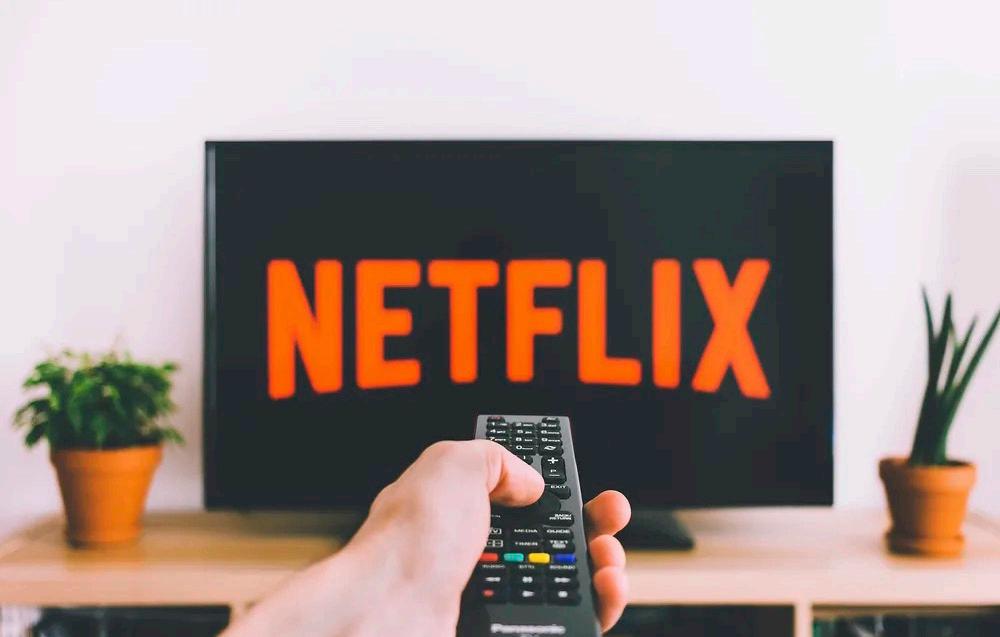
3 minute read
Students react negatively to Netflix’s password-sharing crackdown
BY LUCY OSTER ’23 ARTS & ENTERTAINMENT EDITOR
Video streaming giant Netflix has finally followed through with its promise to crack down on password sharing. According to the company’s support website, “[p]eople who are not in your household will need to sign up for their own account to watch Netflix.”
This development will likely significantly impact how media hosted on Netflix is shared since many people do not pay for their own Netflix accounts. There have been memes proliferating on social media for years about people using their ex’s subscription — in March 2017, the official Netflix Twitter account posted, “Love is sharing a password.”
Now, Netflix will not allow people access to an account if they are not connected to the Wi-Fi associated with the account. This change will certainly affect college students who use their parent’s account, impacting Mount Holyoke students, where 95 percent of the student body lives on campus.
Many college students stream movies and television shows to decompress from schoolwork and other stress-inducing activities. Amelia Zamonski ’23 described Netflix as
SGA orders binders, cont’d
u CONTINUED FROM PAGE 2
Romulus immediately closed the form when they hit their maximum number of 70 orders so the SGA would not have to tell students “no.”
In the following few days, she and the other board members continued to monitor the FYTIST website.
“Tahin Osborne [‘23], the DEI officer, created a spreadsheet and … went on the website to see what was in stock and what wasn’t in stock,” Romulus explained. “So with 70 orders, they have this color-coded [spreadsheet] of ‘okay, this is in stock and this is added to the cart.’”
Through this method, the SGA was able to purchase 30 binders in the first batch which will be arriving around Feb. 15. The following 40 orders were purchased shortly after when they noticed the company had restocked.
“We [Romulus and Osborne] were in [a] seminar and we had a 10-minute break and during the 10-minute break … I was like, ‘Oh, I wonder if … the binders are in stock,’” Romulus recalled. When she went on the website, Romulus saw that almost all the products were restocked and up for purchase.
“And so [Osborne] stepped out [and] they called the company,” Romulus continued. “They spent the whole 10 minutes of the break from our three-hour seminar ordering the last 40-something binders.”
The new batch of binders will be arriving toward the end of February, with a hope of distribution sometime next month. Although it depends on the following SGA presidents, Romulus foresees the chest binder drive being held annually.
“A binder [is] such a special thing,” Romulus finished. She stated how, in her friends who wear chest binders, she noticed a major difference once they started using them. “[It’s] just a confidence. How they think about things and something that … cisgender people have the privilege of not thinking about.
Trans people, or just people that wear binders and nonbinary individuals, just are always thinking about [these feelings] and so I can just see how essential … a binder is.”
“just easy access.” The platform was one of the earlier sites that began offering streaming content in 2007.
What helped Netflix earn its definition of ‘easy access’ was the password-sharing aspect.
Carissa Barry Moilanen ’23 uses their parent’s Netflix subscription and shares their password with two other friends. Zamonski uses her mother’s account, and her grandmother unwittingly shares her Netflix account with one of Zamonski’s friends.
“One of my friends from home, at least up until recently, still used my grandma’s Netflix account, like my profile,” Zamonski said. Password sharing kept Netflix competitive. In a world full of, according to Zamonski, “one thousand individual streaming services,” the fact that nearly everyone has access to Netflix and can reference shows and expect people to understand what they mean is rare: this cultural power can be demonstrated by “Stranger Things” boosting a Kate Bush song from 1985 to the top 40 charts decades later.
The variety of content Netflix offers can be both a pro and a con. Zamonski mentioned that what they liked about Netflix was the breadth of Spanish language content, which seemed lacking on other streaming services. Laura Thornburg ’23 said, “I think the problem where you scroll forever looking for what to watch is worse than before because there’s not really an easy, obvious choice anymore. It’s just all crazy stuff.”
It’s still unknown just how Netflix changing its password-sharing rules could alter the lives of people, on the College’s campus and beyond. “Stranger Things” was the moststreamed show of 2022, but shows on HBOMax that release weekly, like “The Last of Us,” are what’s increasingly talked about online.
Barry Moilanen shared that they wouldn’t pay for Netflix themselves if the platform kicked them off their parent’s account. “I would just transition solely to Hulu, which has better content anyways,” Barry Moilanen shared.
It’s possible that as the features that Netflix is known for, like password sharing, come to an end, Netflix may fade alongside them.










